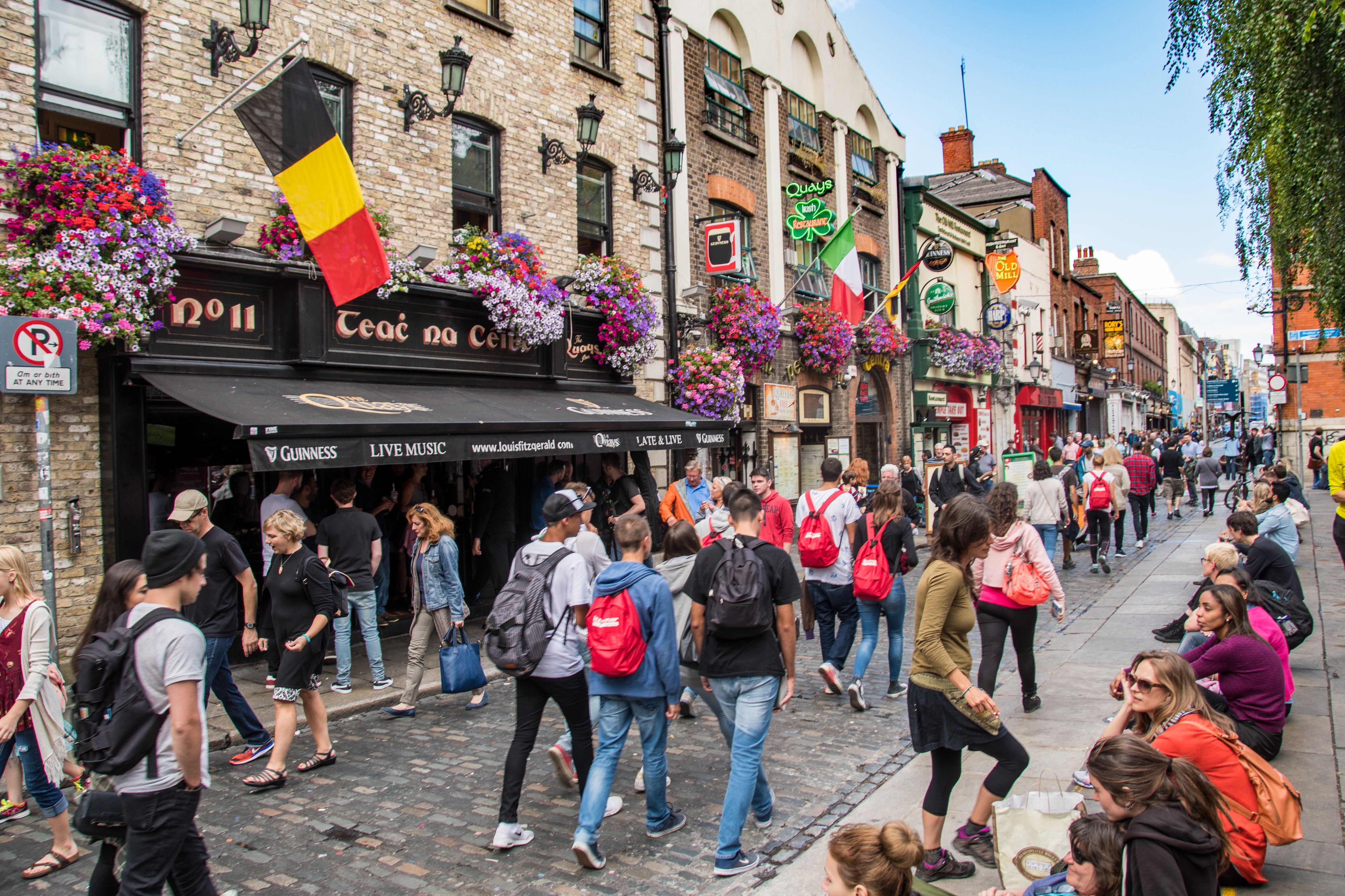A recent report published by the group, conducted by economist Jim Power, has proposed various interventions, including a waiver on commercial rates in specific areas. However, the report did not provide an estimate of the potential cost of these measures for the government. Eoghan O’Mara Walsh, the CEO of ITIC, stated that the purpose of the report was to initiate a discussion and urged the government to conduct a cost-benefit analysis of the proposals.
According to the ITIC report, approximately 11,500 additional tourism beds will be needed within the next decade in order to meet the projected increase in tourism demand in Ireland. Currently, there are around 67,000 hotel bedrooms in the country. The report attributed the need for more beds to the expected growth in international visitors. It predicted that the number of overseas tourists would surpass 13 million by 2032, compared to the pre-pandemic peak of 9.7 million in 2019.
O’Mara Walsh highlighted the construction expenses as a major hindrance to development in many areas, excluding Dublin and Cork where new hotels are being built. He expressed concern about a potential lack of hotel accommodations to meet the demand, particularly in the midlands of Ireland. The high cost of land and construction, as well as building inflation, create a disincentive for developers to invest in these regions.
The report proposed various measures to address these challenges, including tax breaks for regional tourist developments, changes to planning and regulation to facilitate construction in targeted areas, and commercial rates holidays for specific regions. O’Mara Walsh emphasized that the report did not include a cost estimate and that it was the government’s responsibility to decide on the implementation of these measures. He stressed the need for some form of stimulation in order to meet the required hotel capacity and encouraged the government to conduct a cost-benefit analysis.
Recent headlines about the high prices charged by several Dublin hotels during major events, such as music concerts, have drawn negative attention. This issue has arisen at a sensitive time for the tourism sector, as the lower 9% VAT rate is set to increase to 13.5% at the end of the month. The lower VAT rate results in an estimated loss of €400 million in tax revenue for the government annually. O’Mara Walsh called on the government to reverse its decision and make the lower VAT rate permanent, suggesting that an increase would contribute to inflation.
He argued that excessive hotel pricing during concerts does not accurately represent the overall industry.
Denial of responsibility! VigourTimes is an automatic aggregator of Global media. In each content, the hyperlink to the primary source is specified. All trademarks belong to their rightful owners, and all materials to their authors. For any complaint, please reach us at – [email protected]. We will take necessary action within 24 hours.


